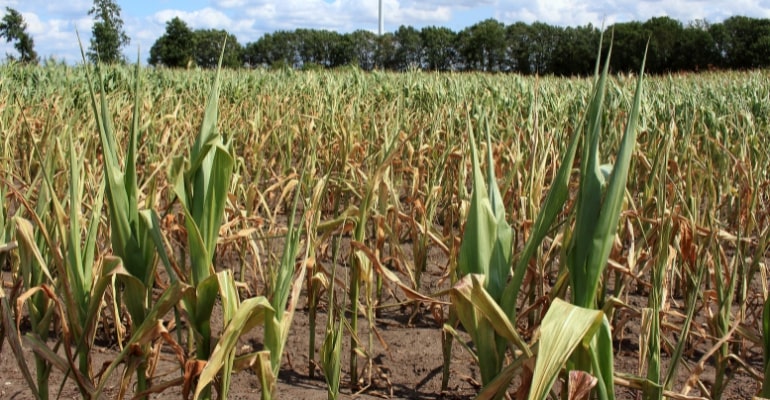MANILA, PHILIPPINES — The Department of Agriculture is preparing for the potential impact of El Niño, a weather phenomenon that could bring about a dry spell, following a warning from the Philippine Atmospheric, Geophysical and Astronomical Services Administration (PAGASA) that the country may experience below normal rainfall in the coming months.
According to DA Assistant Secretary and deputy spokesman Rex Estoperez, the agriculture agency has established guidelines to mitigate the impact of a prolonged dry spell on agriculture, such as changing the planting calendar and implementing effective water management. Cloud seeding will only be considered a last resort as it is very expensive.
“Whether it is La Niña or El Niño, it is always the agriculture sector which is affected. We have existing guidelines on how to prevent the huge impact of El Niño,” Estoperez said.
The DA will work with PAGASA and other concerned agencies to prepare for El Niño, and the National Irrigation Administration (NIA) will play a critical role in managing the water supply for irrigation.
“Even before the announcement (of El Niño), the DA has programs available, but we are waiting for the official advisory from PAGASA,” he said.
“Our measures include a change of calendar in planting; second, the water management,” he added.
The DA official said cloud seeding would always be the last option in the event of a dry spell “since it’s very expensive.”
El Niño 2023 begins
The United States Geological Survey explains that El Niño occurs when the ocean surface warms up, causing above-average sea surface temperatures in the central and eastern tropical Pacific Ocean.
The phenomenon recurs every two to 10 years and can disrupt normal weather patterns globally. In 2016, Mindanao suffered the worst El Niño in the country, affecting 17,000 hectares of farmlands and over 20,000 farmers.
Meanwhile, President Ferdinand “Bongbong” Marcos Jr., who is also the agriculture secretary, acknowledges that the DA faces structural challenges and must adopt new technology to improve farm production in the Philippines.
He emphasizes the need to consolidate the assets of farmers to boost productivity and lower production costs, saying that coordination with the Cooperative Development Authority is crucial to strengthen cooperatives and bring policies to farmers more efficiently. – WhatALife!/Jayve
Also read: PAGASA issues El Niño Watch; asks public to save water

Leave a Reply